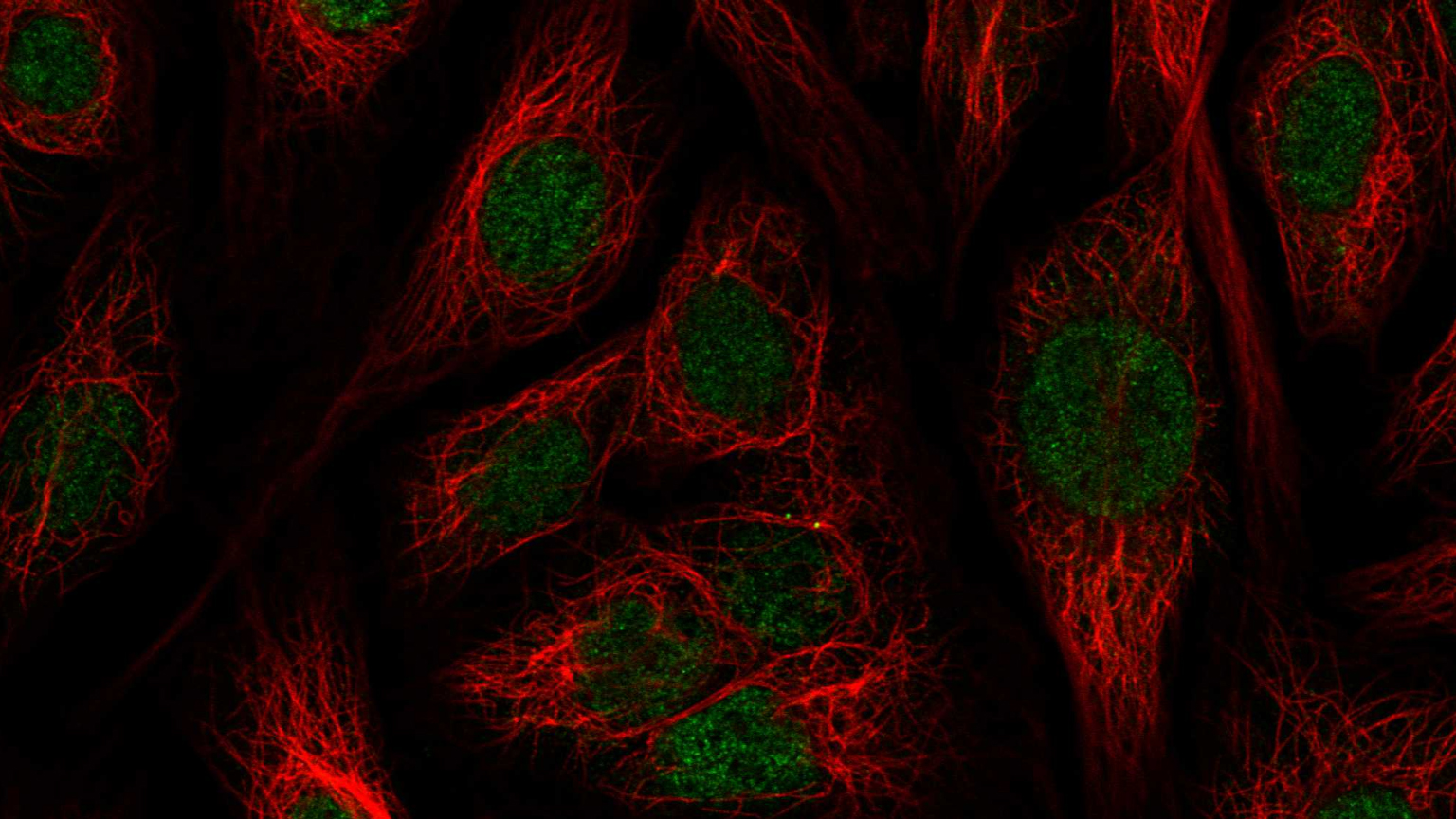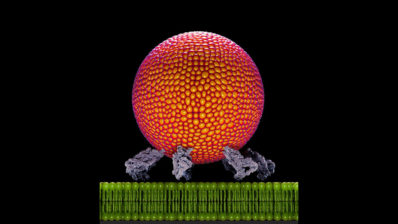In a recent project, the Cancer Biology group of the Department of Experimental and Health Sciences, Pompeu Fabra University (DCEXS-UPF) has studied the function of Zmat3, one of the target genes of p53 – a tumor supressor gene mutated in more than half of the world’s cancers.
The researchers in the team led by Ana Janic eliminated Zmat3 from preclinical mouse models of lymphoma and lung cancer and saw how the absence of this protein had little impact on the development of the disease and its severity.
“It is likely that at least in some types of blood and lung cancers, it is not Zmat3 protein alone but several proteins that work together to prevent cancer formation”
Ana Janic, team leader (DCEXS-UPF) and co-director of the study
Thus, to the surprise of the group, the role of Zmat3 in isolation has not been decisive. But these results have served to take a further step in the characterization of the different p53 target genes that contribute to our body’s battle against cancer.
Best, S.A., Vandenberg, C.J., Abad, E. et al. Consequences of Zmat3 loss in c-MYC- and mutant KRAS-driven tumorigenesis. Cell Death & Disease volume 11, Article number: 877 (2020)






